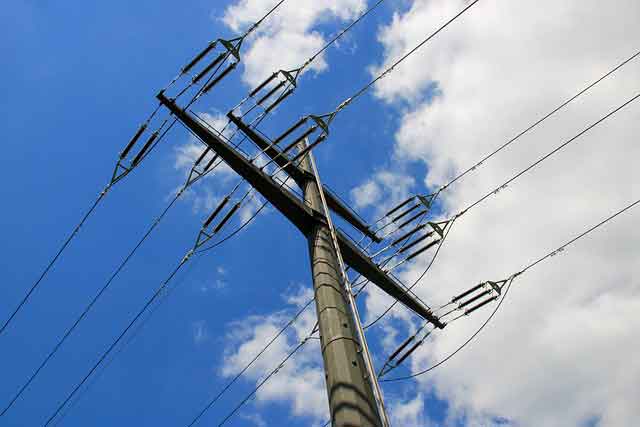U.N. treaty prohibits terrorists from possessing nuclear material
UNITED NATIONS - The U.N. General Assembly approved a global treaty aimed at preventing nuclear terrorism by making it a crime for would-be terrorists to possess or threaten to use nuclear weapons or radioactive material.
A resolution adopted by the 191-member world body by consensus calls on all countries to sign and ratify the International Convention for the Suppression of Acts of Nuclear Terrorism. The treaty will be opened for signatures on Sept. 14 and must be ratified by 22 countries to come into force.
"By its action today, the General Assembly has shown that it can, when it has the political will, play an important role in the global fight again terrorism," U.S. deputy ambassador Stuart Holliday told delegates after the vote.
"The nuclear terrorism convention, when it enters into force, will strengthen the international legal framework to combat terrorism.''
Russia's deputy U.N. ambassador Alexander Konuzin, whose country sponsored the resolution, hailed its approval.
"It's the first time that an anti-terrorist convention has been developed on the basis of preventing — that is not after the fact but before the terrorist acts which are criminalized by this convention," he said.
The treaty makes it a crime for any person to possess radioactive material or a radioactive device with the intent to cause death or injury, or damage property or the environment. It would also be a crime to damage a nuclear facility.
Threatening to use radioactive material or devices — or unlawfully demanding nuclear material or other radioactive substances would also be a crime.
Related News

Texas lawmakers propose electricity market bailout after winter storm
HOUSTON - An approximately $2.5 billion plan to bail out Texas’ distressed electricity market from the financial crisis caused by Winter Storm Uri in February has been approved by the Texas House.
The legislation would impose a fee — likely for the next decade or longer — on electricity companies, which would then get passed on to residential and business customers in their power bills. Lawmakers on Wednesday said they could not yet estimate how much it would impact Texans’ electricity bills.
House lawmakers sent House Bill 4492 to the Senate on Thursday after a 129-15 vote. A similar bill is advancing…




